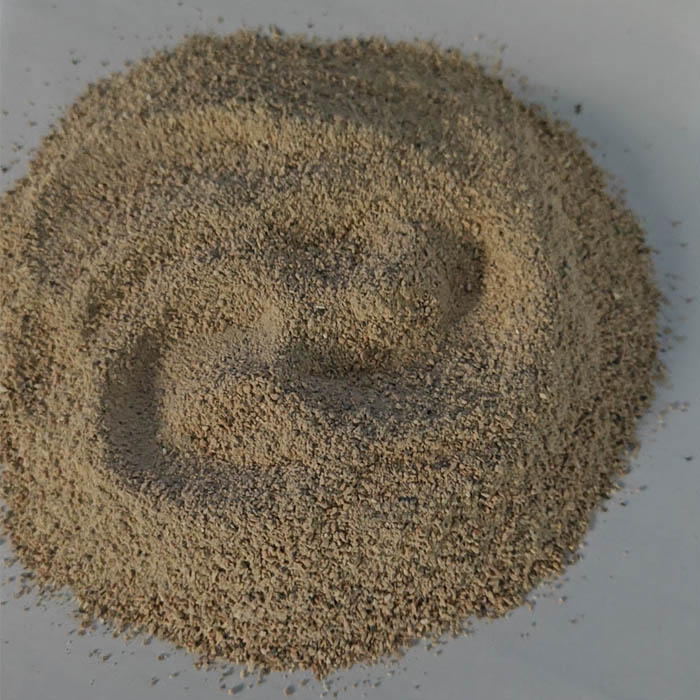Dec . 18, 2024 21:05 Back to list
wholesale hot top refractory materials
Wholesale Hot Top Refractory Materials A Comprehensive Overview
Refractory materials are essential components in various industries, particularly in environments that involve extreme heat and aggressive chemical conditions. These materials are designed to withstand high temperatures and to maintain their structural integrity and mechanical properties even under such challenging circumstances. Among the myriad of refractory products available in the market, hot top refractories play a crucial role, especially in the metal casting and glass manufacturing industries.
Understanding Hot Top Refractory Materials
The term hot top refers to the upper section of a metal casting system, where molten metal is housed before being poured into molds. Hot top refractories are engineered to resist the extreme heat from molten metal while providing excellent thermal insulation and minimal thermal conductivity. These materials are crucial for controlling cooling rates and preventing premature solidification, which can lead to defects in the final product.
Hot top refractories are characterized by their unique composition and structure, which enable them to perform efficiently in high-temperature environments. They typically comprise alumina-silicate, magnesia, and other specially formulated compounds that enhance their thermal shock resistance, mechanical strength, and chemical stability.
The Importance of Quality Hot Top Refractories
When it comes to wholesale purchases of hot top refractory materials, quality is paramount. The performance of these materials can significantly influence the overall efficiency of manufacturing processes, along with the quality of the final products. Inferior-quality refractories can lead to increased downtime, higher operational costs, and potential failure of final products due to defects caused by inadequate thermal management.
Opting for high-quality hot top refractories can provide various advantages, such as
1. Enhanced Durability High-performance refractories can withstand repeated thermal cycles, ensuring longevity and reducing the frequency of material replacement.
2. Improved Thermal Efficiency Quality hot top materials reduce heat loss, helping to maintain optimal temperatures within the casting system and improving energy efficiency.
3. Lower Production Costs By minimizing defects in the final products and extending the lifespan of the refractory materials, manufacturers can reduce waste and lower production costs.
wholesale hot top refractory materials

The Process of Sourcing Wholesale Hot Top Refractories
When looking to purchase hot top refractory materials wholesale, it’s essential to consider several factors to ensure that you are making the best choice for your business
1. Reputation of the Supplier Research potential suppliers thoroughly; look for those with a solid reputation in the industry for quality and reliability. Reading customer reviews and testimonials can provide insight into their product performance and customer service.
2. Product Range A supplier offering a wide range of hot top refractories may have more experience and knowledge, enabling them to provide better technical support and customization options.
3. Technical Specifications Compare the technical data sheets of different products to understand their thermal properties, mechanical strength, and resistance to chemical attack.
4. Cost vs. Value While it may be tempting to choose the lowest-priced option, consider the long-term value and performance of the refractory materials. Quality often comes at a premium, but the long-term cost savings can justify the initial investment.
5. After-Sales Support Choose suppliers who provide robust technical support and after-sales services. Having access to expert advice can be invaluable in optimizing the use of refractory materials in your operations.
Conclusion
Wholesale hot top refractory materials are indispensable for industries where high-temperature processes occur. By understanding the importance of selecting quality materials and sourcing them from reputable suppliers, businesses can significantly enhance their operational efficiency, reduce costs, and improve the quality of their final products. Investing in high-quality hot top refractories is not merely a transaction; it's a commitment to excellence and sustainability in manufacturing.
-
Eco-Friendly Granule Covering Agent | Dust & Caking Control
NewsAug.06,2025
-
Fe-C Composite Pellets for BOF: High-Efficiency & Cost-Saving
NewsAug.05,2025
-
Premium Tundish Covering Agents Exporters | High Purity
NewsAug.04,2025
-
Fe-C Composite Pellets for BOF | Efficient & Economical
NewsAug.03,2025
-
Top Tundish Covering Agent Exporters | Premium Quality Solutions
NewsAug.02,2025
-
First Bauxite Exporters | AI-Optimized Supply
NewsAug.01,2025
